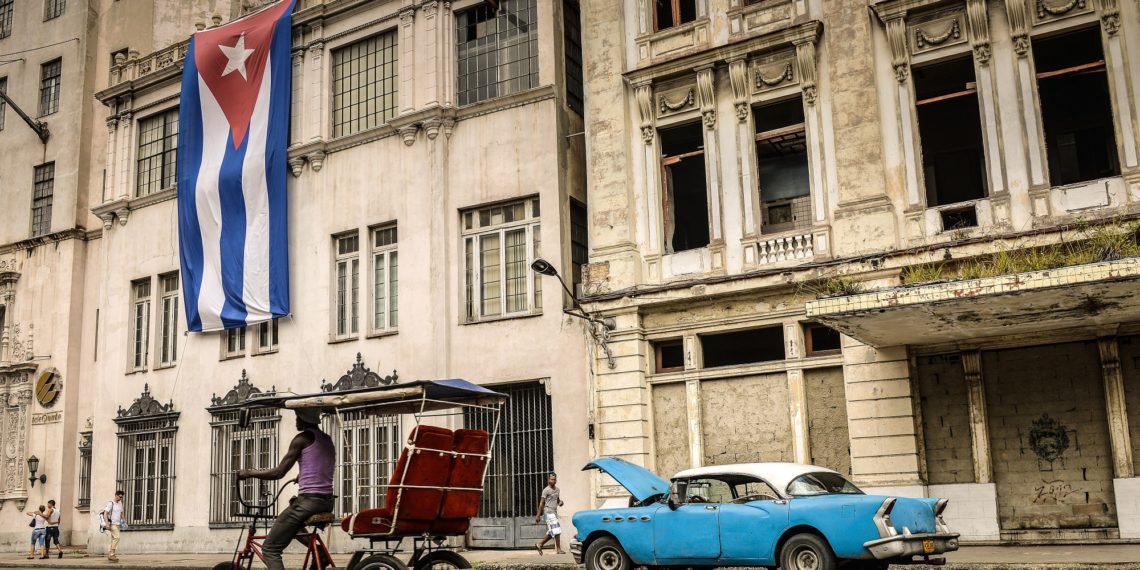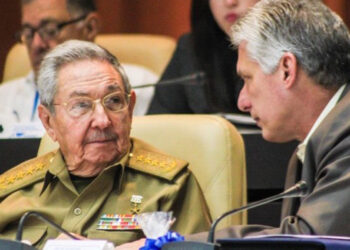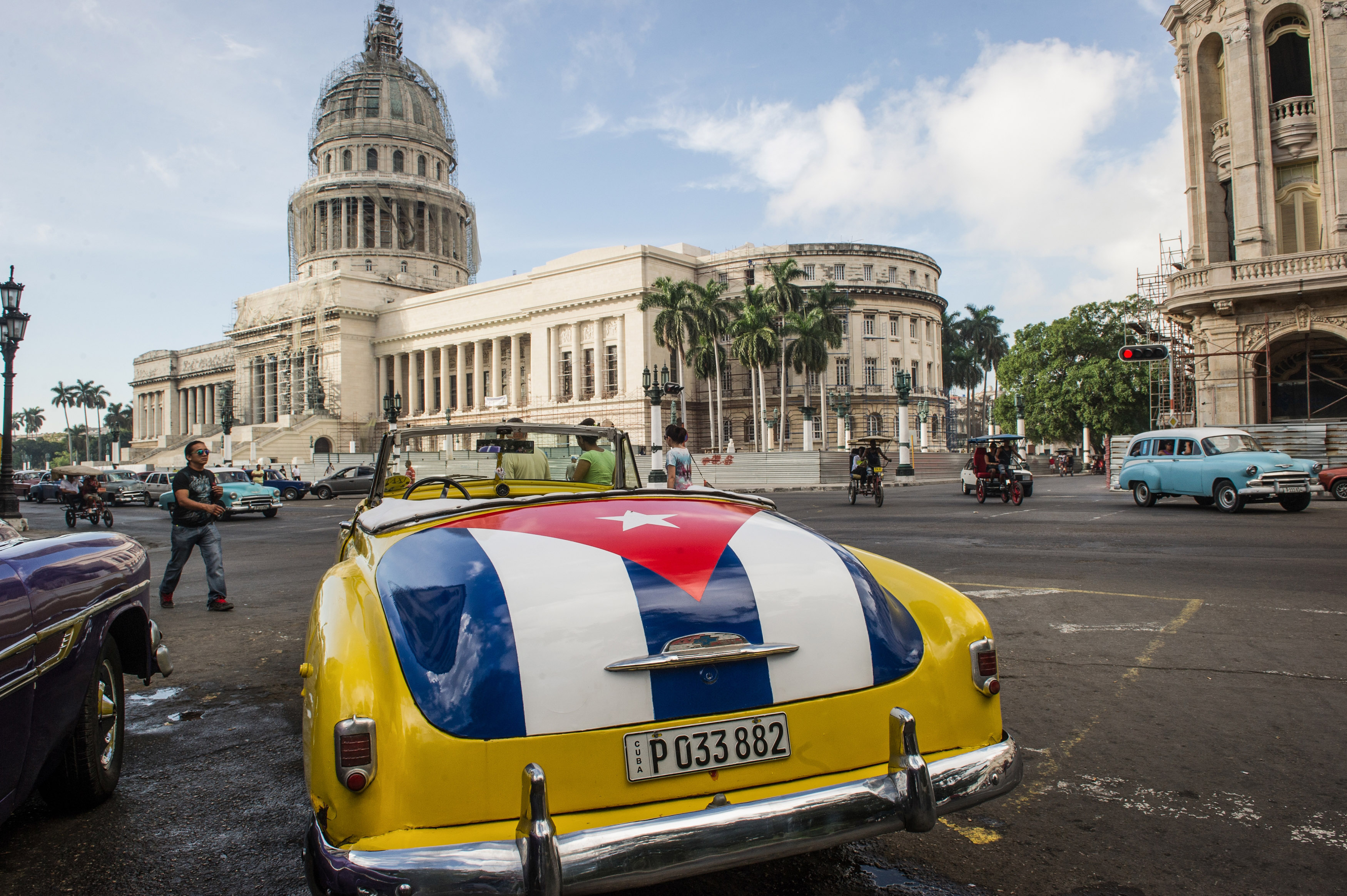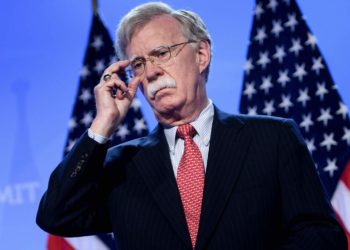Since the Cuban Revolution of 1959, the traditional perception of the island’s political model is that it has been dominated by a small group of the original revolutionary guerrilla fighters, and for long periods was the personal whim of Fidel Castro. However, the Cuban political process has always been much more nuanced, unique, and institutionalized than this customary perception suggests.
Organizations such as the Cuban Communist Party, the National Assembly, the Federation of Cuban Women, and the Cuban Armed Forces have been, and remain, key actors in the country’s political system.
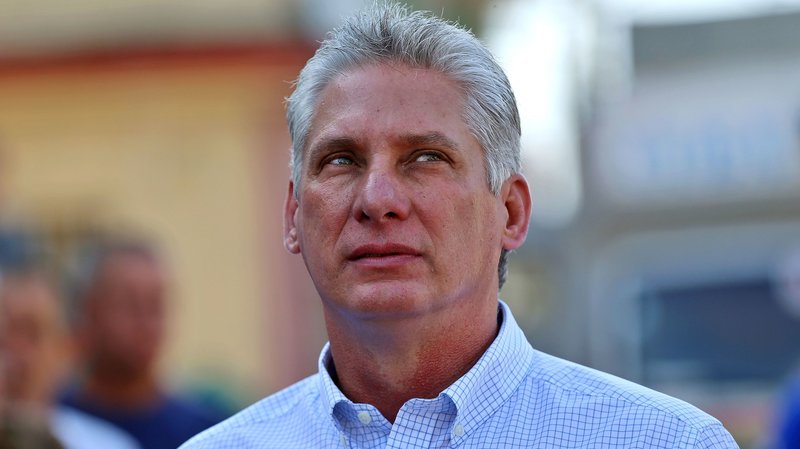
Moreover, the institutionalization of the Cuban Revolution is evident in events occurring since the summer of 2006. Firstly, due to the receding role that Fidel Castro played in politics after his deteriorating health, which culminated in his brother Raul Castro becoming the president of Cuba in 2008; secondly how the Cuban political system continued after Fidel Castro’s passing in November 2016; and thirdly with Miguel Diaz-Canel replacing Raul Castro as president in April last year.
Highly significantly, Diaz-Canel was born after the Cuban Revolution, signifying a generational change in the Cuban leadership.
Cuba’s Political Process
The uniqueness of the Cuban political process has been further evident since Diaz-Canel presidency. On February 24, a referendum saw over 86 percent of the voters endorse the new Cuban constitution, which reaffirmed both socialism as “irrevocable” and the Cuban Communist Party as the only legitimate party on the island. The new constitution replaced the one of 1976 that was ratified at the height of the “Sovietization” process of the Cuban Revolution and closely resembled the Soviet constitution of the time.
The draft of the new constitution was first brought to the National Assembly in July 2018 and subsequently debated across the island. In December, the National Assembly unanimously passed it before the Cuban population gave its final approval last month.
New Constitution
The constitution has been designed to introduce increased scrutiny and accountability. It stipulates that the president must be under the age of 60 when first appointed and can only serve two 5-year terms.
The position of prime minister has been created, with the candidate being proposed by the president and appointed by the National Assembly. The prime minister will oversee the Council of Ministers, or in effect the day-to-day running of the country.
Governors will now run Cuba’s 15 provinces instead of the previous presidents of provincial assemblies. Additionally, private businesses and non-farm cooperatives will become legal forms of economic activity and the judicial system will be strengthened with the introduction of the presumption of innocence in criminal cases.
Furthermore, increased consumer and worker protection has been created with the government also being able to secure greater levels of revenue produced by private businesses. The number of different categories which permit private business has been streamlined in a drive for efficiency.
Cuba in 21st Century
These changes are hugely important. They are systematic of the realities of 21st century Cuba, but the process in which the constitution moved from draft to ratification is also of significance. When the draft was being discussed across the island, the Cuban government received some 780,000 suggestions and 9,600 proposals.
Crucially, the section of the draft constitution proposing that marriage would no longer be exclusively between a male and a female, opening the path to potential same-sex marriages, was removed. This resulted from both the grassroots debate during the consultation period and from concerns raised by religious groups. A number of these groups had hung banners which read, “marriage: man + woman,” from buildings and attached posters to lamp posts.
Moreover, the proposal to limit private restaurants to 50 seats was also removed as this rendered a number of private restaurants no longer financially sustainable.
Continuation of Revolution
The debate concerning the draft constitution also entered the burgeoning Cuban Twittersphere, with the pro-constitution #CubaVotaSi and #YoVotoSi and opposition #YoVotoNo and #YoNoVoto trending.
¿Cómo votó #Cuba en el Referendo Constitucional del pasado domingo #24Feb ? #YoVotoSí @AsambleaCuba @anamarianpp @TeresitaRomeroR @FrankOsbel pic.twitter.com/oJ3jeD699S
— Gobierno Provincial #SanctiSpiritus (@SanctiSpiritus1) February 26, 2019
The government encouraged Cubans to vote by stating that a “Yes” vote was an act of patriotism while also defending the Revolution because the constitution represented continuity with the principles of national hero Jose Marti and Fidel and Raul Castro’s former policies, but also the needs of contemporary Cuba.
What is also highly noteworthy is that just over 4 percent of the ballots were left blank or spoiled and 9 percent voted against the constitution. In contrast, the 1976 constitution had been ratified with 98 percent. The voters who did not endorse the constitution in February comprised Cubans from all parts of the island’s society which questioned the principle detailed above concerning Cuban politics being a monolith controlled by a small ruling elite.
Additionally, the ratification of the Cuban constitution did not focus only on updating the constitution but was also an endorsement of the new government headed by Diaz-Canel. This may partly explain the Cuban government’s endeavors to encourage Cubans to vote. Moreover, the government positioned the vote to ratify the constitution as part of a countermeasure to increasing right-wing politics in the region, describing it as “anti-imperialistic.”
The vote of February 24 was enormously important for Cuba, its government, and the island’s future, with the ratification process of the constitution highlighting Cuba’s unique brand of politics.
Disclaimer: The views and opinions expressed here are those of the author and do not necessarily reflect the editorial position of The Globe Post.

